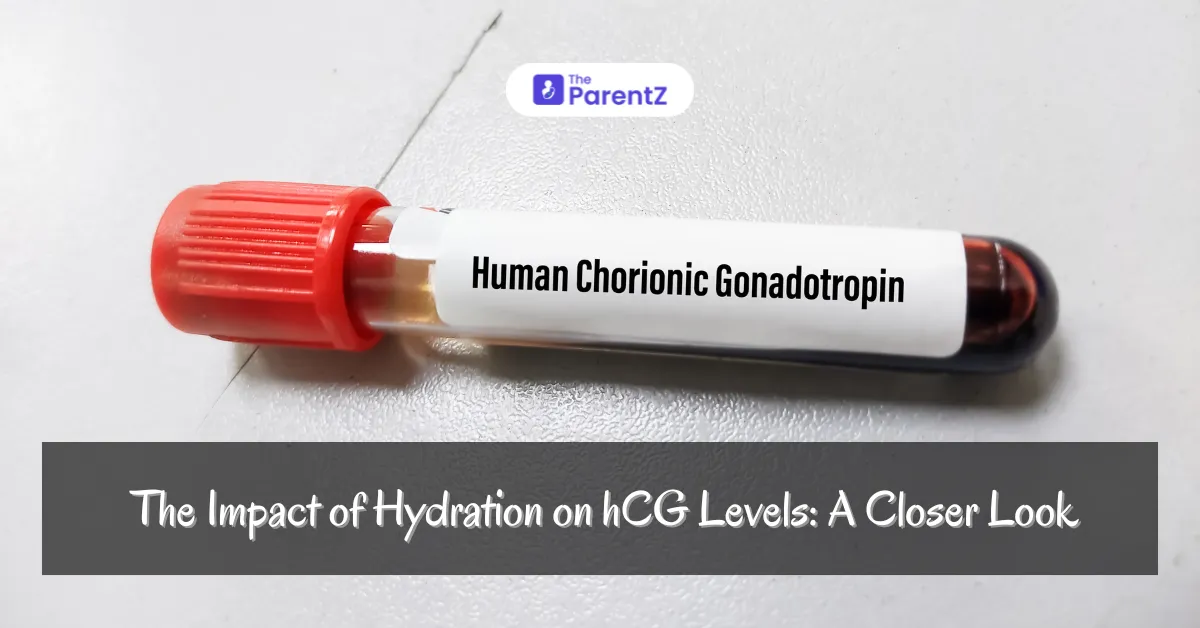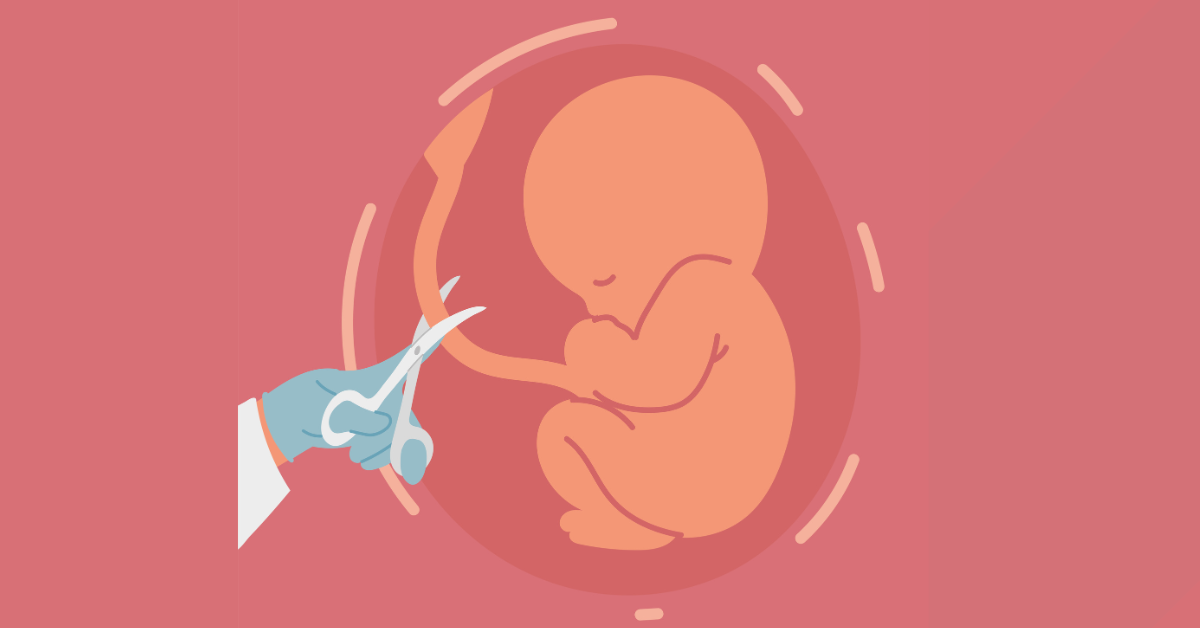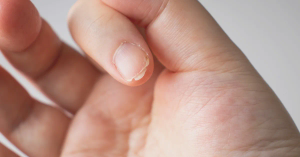Understanding HCG and Its Role in the Body
Human chorionic gonadotropin (HCG) is a hormone produced primarily during pregnancy by the placenta. Its primary role is to support the corpus luteum, ensuring the production of progesterone necessary to maintain the uterine lining and support early pregnancy. HCG is typically detected through blood or urine tests, and its levels rise significantly in the first trimester, making it a key indicator in early pregnancy tests.
How Does Hydration Affect HCG Levels?
Hydration levels can directly impact the concentration of HCG in urine, which is critical in the context of home pregnancy tests. When you’re well-hydrated, the increased fluid intake dilutes the urine, potentially leading to lower concentrations of HCG. For women taking home pregnancy tests, this can mean a less accurate result if the test is taken too early or if HCG levels are low.
Why is Hydration Important?
Beyond its impact on HCG detection, hydration plays a vital role in general health, supporting digestion, nutrient absorption, and cellular functions. For pregnant women, hydration becomes even more crucial as it helps maintain amniotic fluid levels, supports increased blood volume, and aids in waste removal. Proper hydration can also help prevent common pregnancy-related issues such as constipation, swelling, and urinary tract infections.
Who Should Be Concerned About Hydration and HCG?
While HCG levels are an important indicator for all pregnant women, certain individuals might need to pay closer attention to their hydration when testing HCG:
• Women Trying to Conceive: Those taking early home pregnancy tests should be mindful of hydration, as diluted urine can produce false-negative results, especially if tested before a missed period.
• Pregnant Women with High Activity Levels: Women who are very active or live in warmer climates may require more water, and awareness of how hydration might impact HCG levels is beneficial.
What the Data Says: Hydration, HCG, and Pregnancy Tests
Studies show that urine concentration affects the accuracy of HCG detection, with more concentrated urine yielding more accurate results. This is why many healthcare providers recommend taking home pregnancy tests first thing in the morning, when urine is more concentrated. Data indicates that women who consume excessive amounts of water before testing may inadvertently lower the detectable concentration of HCG in their urine.
Do’s and Don’ts for Managing Hydration and HCG Levels
Do’s:
• Test HCG Levels in the Morning: If taking a home pregnancy test, aim for the first-morning urine, as it is typically more concentrated, allowing for better HCG detection.
• Stay Consistently Hydrated: Aim to drink water steadily throughout the day to avoid sudden increases in water intake right before testing.
• Consult Healthcare Providers for Blood Tests: Blood tests for HCG are generally unaffected by hydration, so consider a blood test if you need precise measurements or confirmation of pregnancy.
Don’ts:
• Avoid Excessive Water Intake Before Testing: Drinking large amounts of water before a urine HCG test can dilute the urine, potentially resulting in a false-negative result.
• Don’t Panic if the Test is Negative: If hydration may have influenced the results, wait a few days and retest to allow HCG levels to rise.
• Do Not Ignore Symptoms of Dehydration: Pregnant women should pay attention to signs of dehydration, such as dizziness, dry mouth, and dark urine, as dehydration can affect overall health.
Precautions for Pregnancy Testing and Hydration
For accurate HCG testing, consider these precautions:
1. Test Timing: If possible, test first thing in the morning or at a time when you haven’t consumed large amounts of water. This allows for a more reliable HCG concentration.
2. Consider a Blood Test: Blood tests are unaffected by hydration and provide a quantitative HCG measurement, which is ideal for tracking hormone levels in early pregnancy.
3. Stay Hydrated but Balanced: Drink enough water to avoid dehydration, but spread it throughout the day. Rapidly increasing your fluid intake just before a test can dilute urine unnecessarily.
4. Seek Professional Guidance: If you are uncertain about your results or suspect dehydration, consult a healthcare provider for the best course of action.
Conclusion
Hydration can influence HCG concentration in urine, which is an important consideration for accurate pregnancy testing. While proper hydration supports both general and pregnancy health, it’s wise to maintain a balanced intake, especially around the time of home pregnancy testing. By following the recommended guidelines for hydration and testing, you can ensure more reliable results and take positive steps toward a healthy pregnancy.









